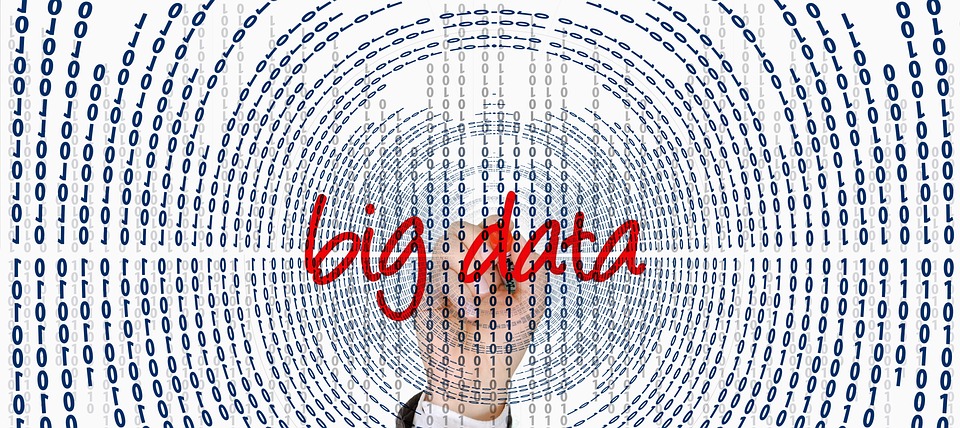In an era defined by rapid technological advancement and the explosive growth of data, the field of data science has emerged as a powerful tool for decision-making, innovation, and societal transformation. However, the ethical implications accompanying this growth have become increasingly complex and critical. As data scientists and organizations navigate the intricacies of big data, they must confront a myriad of ethical dilemmas that can impact individuals, communities, and societal structures at large.
Understanding the Ethical Landscape
Data science encompasses the collection, analysis, and interpretation of vast amounts of data. While the potential to glean insights and generate value from big data is enormous, it can also pose significant ethical challenges. These challenges typically fall into several categories:
1. Privacy and Data Protection
The aggregation of personal data poses serious privacy concerns. Individuals often share information under the assumption that it will be used responsibly, but breaches of privacy can occur through data leaks, unauthorized access, or misuse of data for purposes other than those initially intended. Data scientists must ensure that they are compliant with regulations such as the General Data Protection Regulation (GDPR) and that they respect the confidentiality of the data subjects.
2. Bias and Fairness
Data sets can reflect societal biases, leading to algorithms that perpetuate discrimination. For instance, if a hiring algorithm is trained on historical hiring data that favors one demographic group over another, it may inadvertently continue to favor that group, reinforcing existing inequalities. Data scientists must be vigilant in recognizing and mitigating bias in their models to promote fairness and equity.
3. Data Ownership and Consent
Who owns the data, and who has the right to access and use it? These questions are central to data ethics. Many individuals may unwittingly relinquish ownership of their data when they sign terms of service agreements. Data scientists should advocate for clearer consent mechanisms and explore ethical frameworks that prioritize users’ rights.
4. Transparency and Accountability
Algorithms often operate as "black boxes," making it difficult to understand how decisions are made. This opacity can lead to a lack of accountability, particularly in high-stakes scenarios such as automated criminal justice decisions or credit scoring. Ethical data science practices call for transparency in algorithms, aiding stakeholders in understanding how and why decisions are made.
5. Impact on Society
Beyond individual ethical responsibilities, data science professionals must consider the broader societal implications of their work. Questions arise about how data usage affects marginalized communities, promotes surveillance, or potentially amplifies misinformation. Data scientists should engage in ethical deliberation concerning the societal impacts of their projects.
Strategies for Ethical Data Science
To navigate these ethical dilemmas, data scientists and organizations can adopt several strategies:
1. Establish Ethical Guidelines
Organizations should develop clear ethical guidelines that define best practices for data handling, algorithmic transparency, and stakeholder engagement. These guidelines can serve as a framework for ethical decision-making throughout the data science process.
2. Foster Diversity and Inclusion
Promoting a diverse workforce can lead to more equitable data science practices. Diverse teams are better equipped to recognize and address biases, leading to more robust and fair algorithms.
3. Educate and Train
Continuous education on ethical considerations should be part of data science training programs. By prioritizing ethical education, organizations can cultivate a culture of responsibility and awareness among data professionals.
4. Engage with Stakeholders
Collaboration with stakeholders, including community representatives and ethicists, can provide valuable insights into the potential ramifications of data projects. By listening and incorporating diverse perspectives, data scientists can make more informed ethical choices.
5. Conduct Ethical Audits
Regular ethical audits can help organizations assess and mitigate risks related to bias, privacy, and transparency. These audits can foster a culture of accountability while ensuring compliance with ethical standards.
Conclusion
As data science continues to shape the future of industries and societies, the importance of ethical considerations cannot be overstated. Navigating the ethical dilemmas of big data requires commitment, awareness, and an ongoing conversation within the data science community. By actively engaging with these issues, data scientists can harness the power of data in ways that respect individuals’ rights, promote fairness, and contribute positively to society. Only by prioritizing ethics can data science truly fulfill its potential as a force for good in the world.



